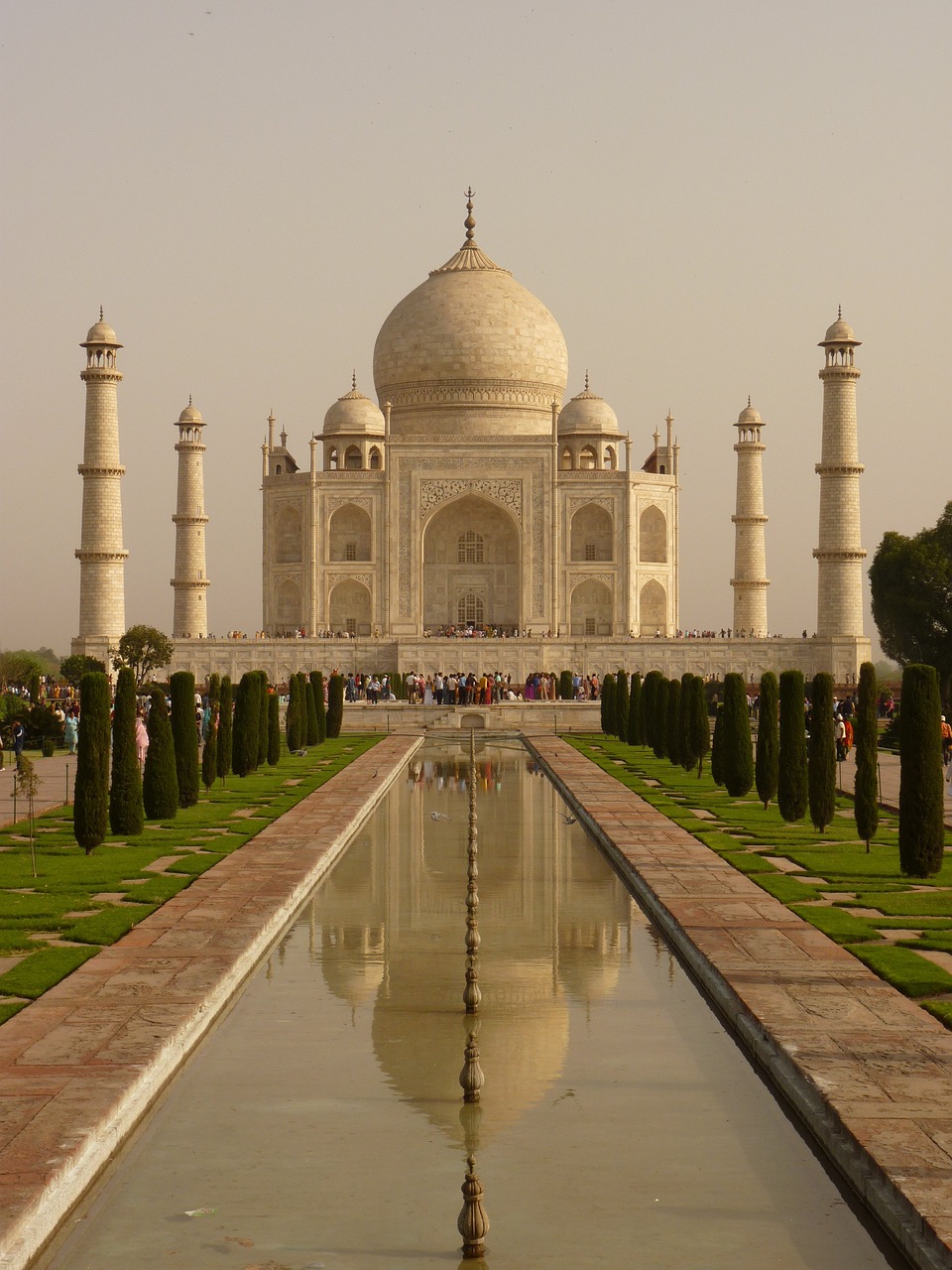India Video
Keeping Up with Health and Wellness in India
India, known for its rich cultural heritage and diverse traditions, is also a country that places significant importance on health and wellness. With a population of over 1.3 billion people, it becomes crucial for individuals to prioritize their well-being. This article aims to provide a comprehensive guide on how to keep up with health and wellness in India, covering various aspects such as nutrition, fitness, mental health, and traditional practices.
Traditional Ayurveda
Ayurveda, a traditional Indian system of medicine, focuses on holistic well-being and has been practiced for thousands of years. It emphasizes the balance between mind, body, and spirit. Ayurveda offers a wide range of treatments and therapies, including herbal remedies, massages, and yoga. These practices can help improve physical health, reduce stress, and enhance overall wellness.
- Herbal remedies: Ayurveda relies on the use of natural herbs and plants to treat various ailments. Some commonly used herbs include turmeric, ashwagandha, and neem. These herbs are believed to have medicinal properties that can boost immunity, improve digestion, and promote overall health.
- Massages: Ayurvedic massages, such as Abhyanga and Shirodhara, are known for their therapeutic benefits. These massages help relax the body, improve blood circulation, and relieve muscle tension. They are often used to treat conditions like arthritis, insomnia, and anxiety.
- Yoga: Yoga is an integral part of Ayurveda and is practiced worldwide for its physical and mental benefits. It involves various postures (asanas), breathing exercises (pranayama), and meditation techniques. Regular practice of yoga can improve flexibility, strengthen muscles, reduce stress, and promote mental clarity.
Healthy Indian Cuisine
Indian cuisine is known for its vibrant flavors and diverse range of dishes. While some traditional Indian foods may be high in calories and fats, there are plenty of healthy options available. It’s essential to make informed choices to maintain a balanced diet and promote good health.
- Dal: Dal, a staple food in Indian households, is a lentil-based dish packed with protein, fiber, and essential nutrients. It is a healthy vegetarian option that can be enjoyed with rice or roti.
- Vegetable curries: Indian cuisine offers a wide variety of vegetable curries that are rich in vitamins, minerals, and antioxidants. These curries often include vegetables like spinach, cauliflower, and okra, cooked with aromatic spices.
- Tandoori dishes: Tandoori dishes, such as tandoori chicken or paneer tikka, are marinated in yogurt and spices and then grilled in a clay oven. These dishes are low in fat and calories compared to deep-fried alternatives.
Physical Fitness
Regular physical activity is crucial for maintaining good health. In India, there are various options available to stay physically fit, ranging from traditional practices to modern fitness centers.
- Traditional exercises: Practices like yoga, martial arts (such as Kalaripayattu), and classical dance forms (like Bharatanatyam) combine physical movements with mental discipline, offering a holistic approach to fitness.
- Gym and fitness centers: With the growing popularity of fitness, numerous gyms and fitness centers have emerged across India. These facilities provide state-of-the-art equipment, personal trainers, and group fitness classes to cater to different fitness goals.
- Outdoor activities: India’s diverse landscape offers ample opportunities for outdoor activities. From hiking in the Himalayas to cycling in picturesque locations, exploring nature while staying active is a popular choice among fitness enthusiasts.
Mental Health and Meditation
Maintaining mental well-being is as important as physical health. In India, meditation and mindfulness practices have been part of the culture for centuries and are known to have numerous benefits for mental health.
- Meditation: Meditation techniques like Vipassana and Transcendental Meditation are widely practiced in India. Regular meditation helps reduce stress, improve focus, and promote emotional well-being.
- Mindfulness: Mindfulness, the practice of being fully present in the moment, has gained popularity in recent years. It involves paying attention to thoughts, emotions, and sensations without judgment. Mindfulness-based stress reduction programs are available in many Indian cities.
- Yoga Nidra: Yoga Nidra, also known as yogic sleep, is a deep relaxation technique that promotes physical, mental, and emotional relaxation. It helps reduce anxiety, improve sleep quality, and enhance overall mental well-being.
India Image 1:

Awareness and Preventive Healthcare
Prevention is better than cure, and India recognizes the importance of awareness and preventive healthcare. Various government initiatives and organizations work towards educating the population about health risks and promoting preventive measures.
- National Health Programs: The Government of India has implemented several national health programs, including immunization drives, family planning initiatives, and awareness campaigns for diseases like HIV/AIDS and tuberculosis.
- Non-Governmental Organizations (NGOs): Numerous NGOs in India focus on health education and preventive healthcare. They conduct workshops, health camps, and awareness programs in rural and urban areas to empower individuals with knowledge about healthy practices.
- Corporate Wellness Programs: Many companies in India have started incorporating wellness programs for their employees. These programs include health check-ups, nutrition counseling, fitness activities, and stress management workshops.
India Image 2:

Health Tourism
India has emerged as a popular destination for health tourism. The country offers a wide range of medical treatments and procedures at affordable prices, attracting patients from around the world.
- Medical Tourism: India is known for its advanced medical facilities and skilled healthcare professionals. Many hospitals in major cities provide specialized treatments, including organ transplants, cardiac surgeries, and cosmetic procedures, attracting international patients seeking cost-effective healthcare.
- Wellness Retreats: India’s serene environment and ancient practices make it an ideal location for wellness retreats. Retreat centers and resorts offer rejuvenation programs, spa treatments, and detox therapies to promote overall well-being.
- Ayurvedic Resorts: Ayurvedic resorts in India provide a holistic wellness experience, combining Ayurvedic treatments, yoga, healthy cuisine, and serene surroundings. These resorts cater to individuals seeking relaxation, detoxification, and rejuvenation.
India Image 3:

Conclusion
India offers a wealth of opportunities to prioritize health and wellness. From traditional practices like Ayurveda and yoga to modern fitness centers and medical tourism, individuals can find a wide range of options to enhance their well-being. By embracing a balanced lifestyle that includes healthy eating, regular physical activity, mindfulness practices, and preventive healthcare, one can keep up with health and wellness in India.
References
- ayush.gov.in
- ncbi.nlm.nih.gov
- who.int
- health.gov.in
- artofliving.org
- timesofindia.indiatimes.com
- indianmedicine.nic.in
- indiatourism.gov.in


